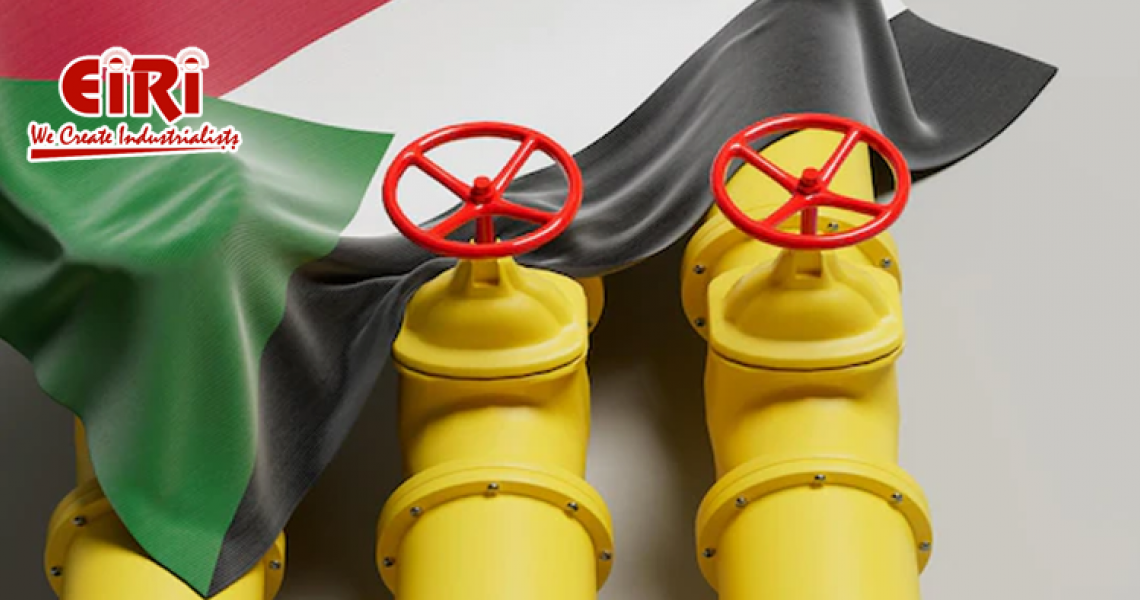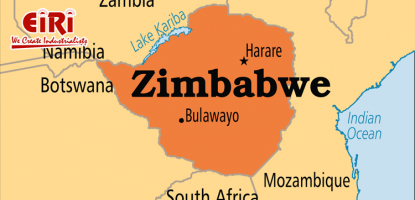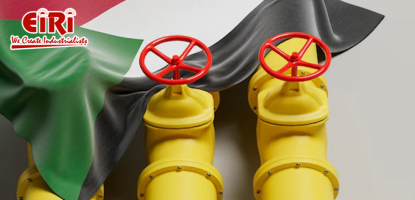Sudan's Manufacturing Industry: Opportunities in Food and Beverage, Agriculture, Sugar, Livestock, and Cotton

Sudan is a country located in North Africa, known for its rich culture, history, and natural resources. The country has a diverse economy with a large agricultural sector and a developing manufacturing sector, which is becoming an increasingly attractive destination for businesses looking to start or expand their operations. The manufacturing sector in Sudan is diversified and has a lot of opportunities for businesses to explore.
One of the main industries in Sudan is the processing of food and beverage products. The country has a well-developed agricultural sector, with a large number of farms and ranches providing a wide range of raw materials such as fruits, vegetables, and meat. This provides a large market for food and beverage manufacturers. Additionally, the country has a number of processing plants and packaging facilities, making it well-suited for the production and processing of food and beverages.
Another important industry in Sudan is the agriculture industry. The country has a well-developed agricultural sector, with a large number of farms and ranches providing a wide range of raw materials such as fruits, vegetables, and grains. This provides a large market for agricultural manufacturers. Additionally, the country has a number of processing plants and packaging facilities, making it well-suited for the production and processing of agricultural products.
The sugar refining industry is also an important industry in Sudan, providing a wide range of sugar products to the local market. The country has a number of sugar refineries, providing the infrastructure needed for this type of manufacturing.
The livestock and fishing industry is also an important industry in Sudan, providing a wide range of livestock products and fish to the local market. The country has a number of farms, ranches, and fishing operations, providing the infrastructure needed for this type of manufacturing.
Cotton farming is also an important industry in Sudan, providing a wide range of cotton products to the local market. The country has a number of cotton farms, providing the infrastructure needed for this type of manufacturing.
Sudan is also developing a solar energy based industry. The country has a strong potential for solar energy due to its high levels of solar radiation and large land area. The government of Sudan has been working to develop its renewable energy sector, with a particular focus on solar energy. The government has set ambitious targets to increase the use of renewable energy in the country and has implemented a number of policies and programs to support the development of the solar energy sector. This includes the construction of large-scale solar power plants, as well as the development of small-scale solar power systems for rural and remote areas. The government is also working to attract foreign investment in the solar energy sector, and has established a number of incentives and subsidies to encourage investment. The growth of this industry will not only help to meet the energy needs of the country but also export energy to neighboring countries.
However, doing manufacturing business in Sudan can also present some challenges. The country has a small domestic market, limited access to financing, and a limited labor force, which can make it difficult to scale up operations. Additionally, the country has a high cost of living, which can make it difficult to attract and retain skilled labor.
Despite these challenges, there are a number of initiatives underway to support the growth of manufacturing in Sudan. The government of Sudan has established a number of policies and programs to support the development of the manufacturing sector, including tax incentives, grants, and subsidies. Additionally, the government has invested in infrastructure development, including the construction of industrial parks and special economic zones.
In terms of future growth, the Sudanese manufacturing industry is expected to continue its expansion in the coming years. The government has set ambitious targets for the sector, and is investing in various initiatives to support its growth. Additionally, the country's rich natural resources, strategic location, and growing consumer market are expected to attract more investment in the manufacturing sector in the future. The government of Sudan is also keen on attracting more foreign investors to establish new business and industries in the country.
In conclusion, Sudan is becoming a destination of choice for manufacturing businesses looking to invest in a country with a well-developed economy and a large consumer market. With the right strategies and support, manufacturers can successfully establish and grow their operations in Sudan, while also contributing to the country's economic growth and development.






